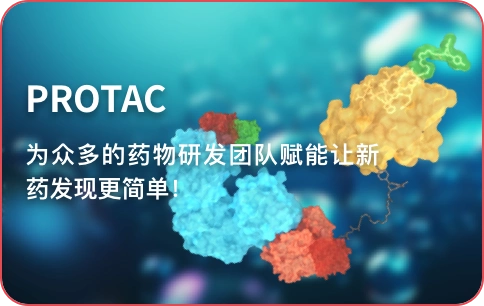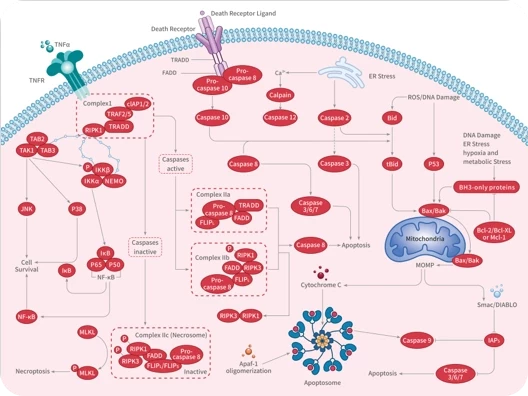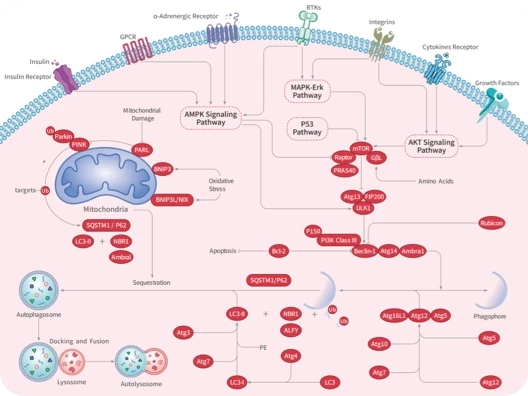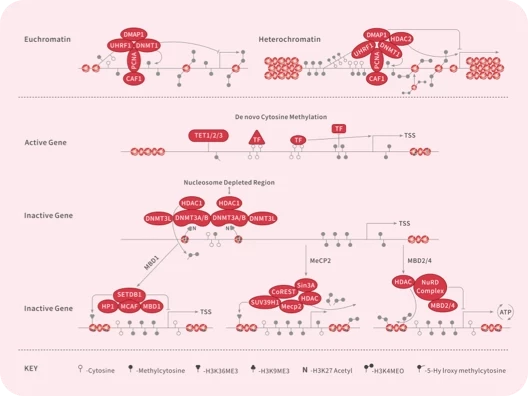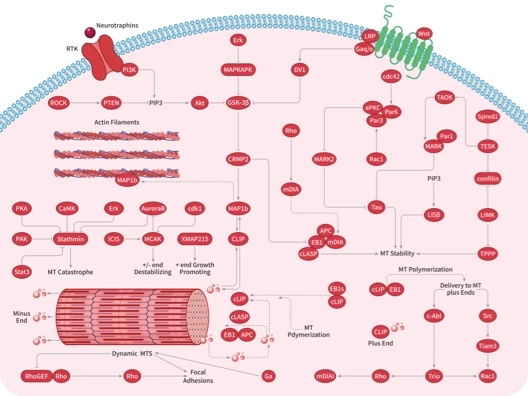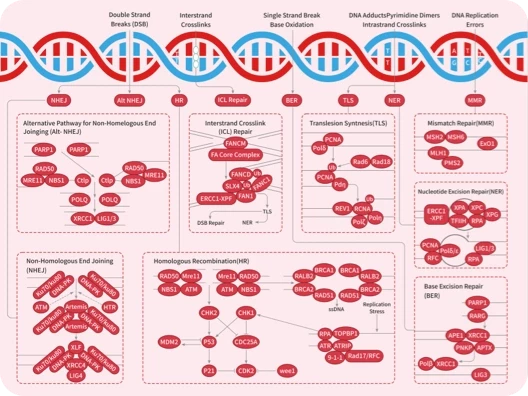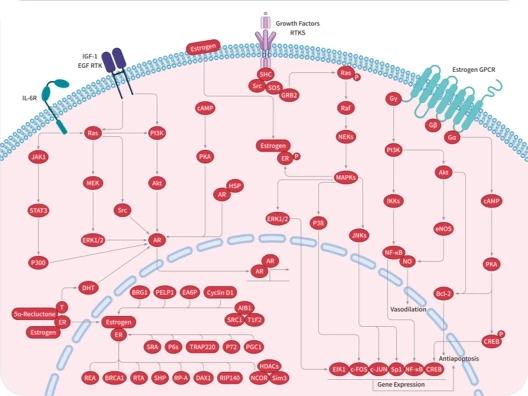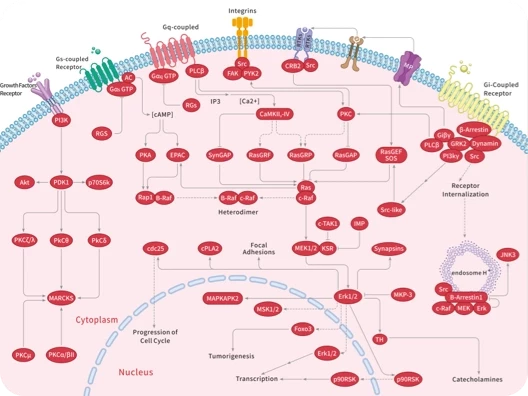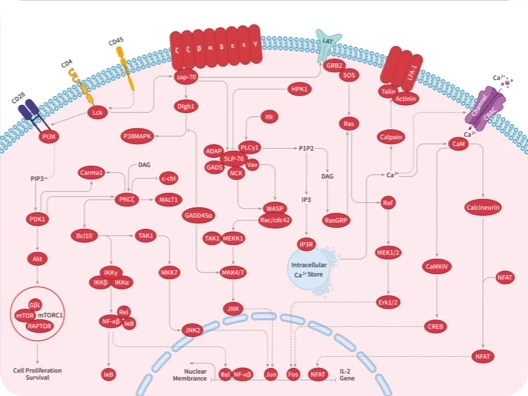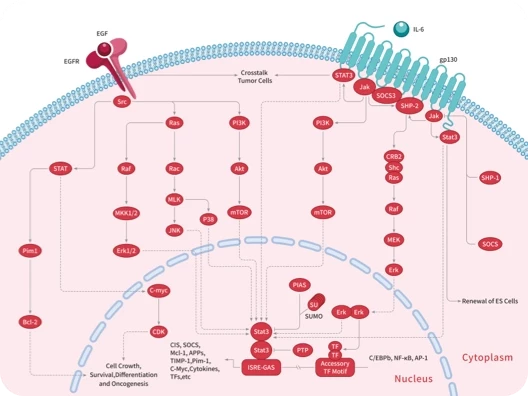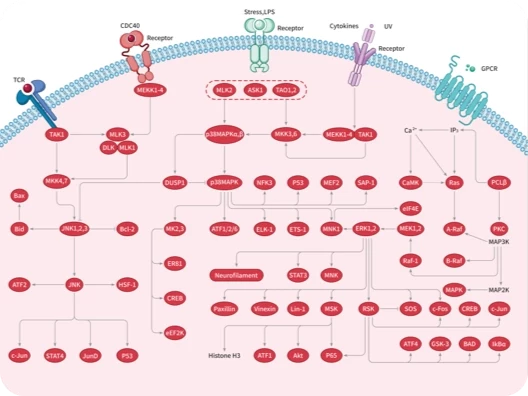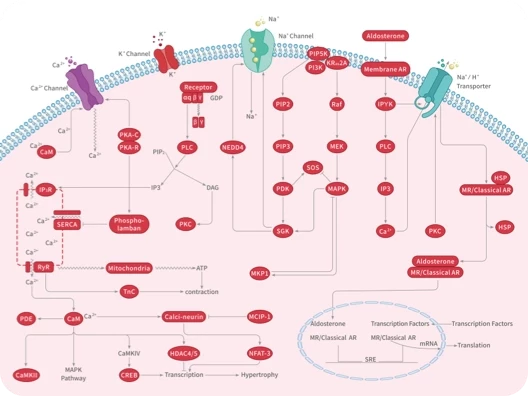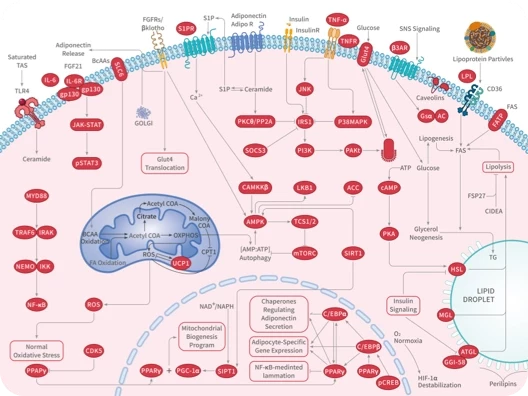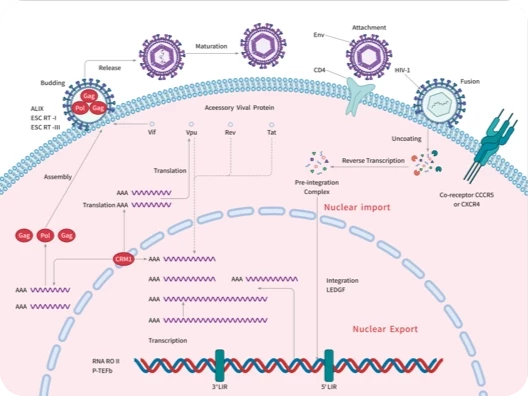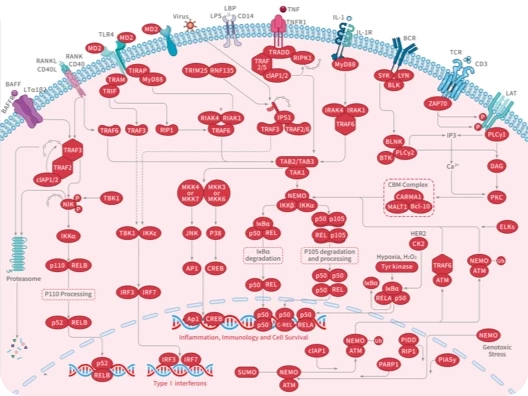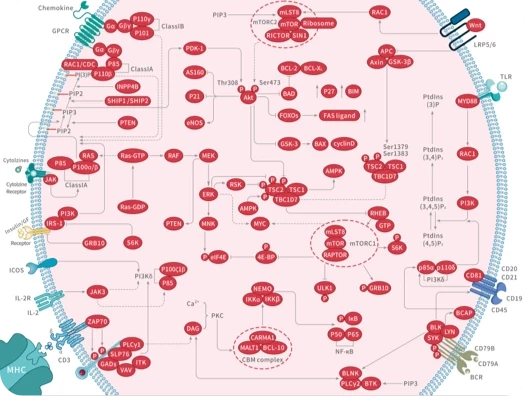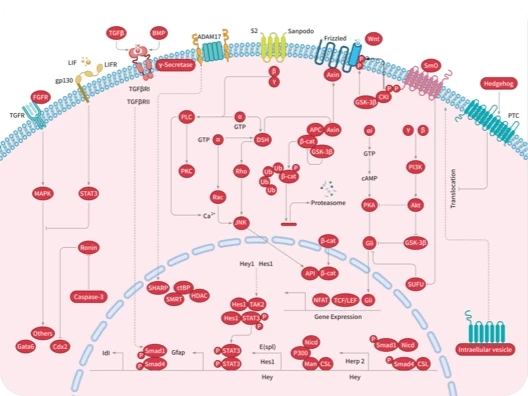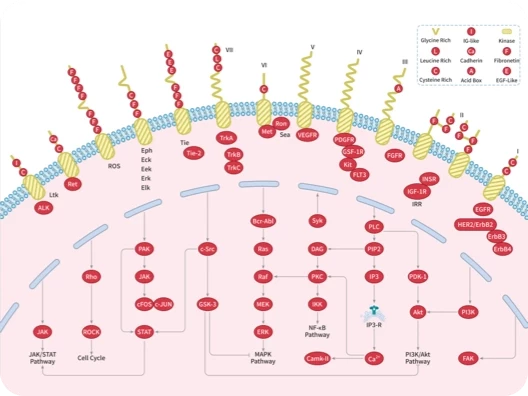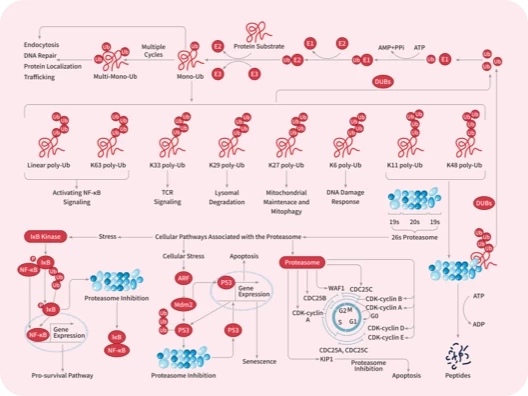- 全部删除
 您的购物车当前为空
您的购物车当前为空
Kallikrein 6/KLK6 Protein, Human, Recombinant (His)
KLK6 (kallikrein-related peptidase 6), also known as Klk7, belongs to the peptidase S1 family, Kallikrein subfamily. Kallikreins are a subgroup of serine proteases having diverse physiological functions. Growing evidence suggests that many kallikreins are implicated in carcinogenesis and some have potential as novel cancer and other disease biomarkers. KLK6 is a serine protease that exhibits a preference for Arg over Lys in the substrate P1 position and for Ser or Pro in the P2 position. Klk7 shows activity against amyloid precursor protein, myelin basic protein, gelatin, casein, and extracellular matrix proteins such as fibronectin, laminin, vitronectin, and collagen. KLK6 degrades alpha-synuclein and prevents its polymerization, indicating that KLK6 may be involved in the pathogenesis of Parkinson's disease and other synucleinopathies. Klk7 may be involved in the regulation of axon outgrowth following spinal cord injury. Tumor cells treated with a neutralizing KLK6 antibody migrate less than control cells, suggesting a role in invasion and metastasis.

Kallikrein 6/KLK6 Protein, Human, Recombinant (His)
| 规格 | 价格 | 库存 | 数量 |
|---|---|---|---|
| 50 μg | ¥ 3,820 | 5日内发货 |
产品信息
| 生物活性 | Activity testing is in progress. It is theoretically active, but we cannot guarantee it. If you require protein activity, we recommend choosing the eukaryotic expression version first. |
| 产品描述 | KLK6 (kallikrein-related peptidase 6), also known as Klk7, belongs to the peptidase S1 family, Kallikrein subfamily. Kallikreins are a subgroup of serine proteases having diverse physiological functions. Growing evidence suggests that many kallikreins are implicated in carcinogenesis and some have potential as novel cancer and other disease biomarkers. KLK6 is a serine protease that exhibits a preference for Arg over Lys in the substrate P1 position and for Ser or Pro in the P2 position. Klk7 shows activity against amyloid precursor protein, myelin basic protein, gelatin, casein, and extracellular matrix proteins such as fibronectin, laminin, vitronectin, and collagen. KLK6 degrades alpha-synuclein and prevents its polymerization, indicating that KLK6 may be involved in the pathogenesis of Parkinson's disease and other synucleinopathies. Klk7 may be involved in the regulation of axon outgrowth following spinal cord injury. Tumor cells treated with a neutralizing KLK6 antibody migrate less than control cells, suggesting a role in invasion and metastasis. |
| 种属 | Human |
| 表达系统 | HEK293 Cells |
| 标签 | C-His |
| 蛋白编号 | Q92876-1 |
| 别名 | SP59,PRSS9,PRSS18,Klk7,kallikrein-related peptidase 6,hK6,Bssp |
| 蛋白构建 | A DNA sequence encoding the human KLK6 isoform 1 (Q92876-1) (Met 1-Lys 244), was fused with a polyhistidine tag at the C-terminus. Predicted N terminal: Glu 17 |
| 蛋白纯度 | > 95 % as determined by SDS-PAGE |
| 分子量 | 26.6 kDa (predicted); 10 and 25 kDa (reducing conditions due to autolysis) |
| 内毒素 | < 1.0 EU/μg of the protein as determined by the LAL method. |
| 缓冲液 | Lyophilized from a solution filtered through a 0.22 μm filter, containing PBS, pH 7.4. Typically, a mixture containing 5% to 8% trehalose, mannitol, and 0.01% Tween 80 is incorporated as a protective agent before lyophilization. |
| 复溶方法 | A Certificate of Analysis (CoA) containing reconstitution instructions is included with the products. Please refer to the CoA for detailed information. |
| 存储 | It is recommended to store recombinant proteins at -20°C to -80°C for future use. Lyophilized powders can be stably stored for over 12 months, while liquid products can be stored for 6-12 months at -80°C. For reconstituted protein solutions, the solution can be stored at -20°C to -80°C for at least 3 months. Please avoid multiple freeze-thaw cycles and store products in aliquots. |
| 运输方式 | In general, Lyophilized powders are shipping with blue ice. |
| 研究背景 | KLK6 (kallikrein-related peptidase 6), also known as Klk7, belongs to the peptidase S1 family, Kallikrein subfamily. Kallikreins are a subgroup of serine proteases having diverse physiological functions. Growing evidence suggests that many kallikreins are implicated in carcinogenesis and some have potential as novel cancer and other disease biomarkers. KLK6 is a serine protease that exhibits a preference for Arg over Lys in the substrate P1 position and for Ser or Pro in the P2 position. Klk7 shows activity against amyloid precursor protein, myelin basic protein, gelatin, casein, and extracellular matrix proteins such as fibronectin, laminin, vitronectin, and collagen. KLK6 degrades alpha-synuclein and prevents its polymerization, indicating that KLK6 may be involved in the pathogenesis of Parkinson's disease and other synucleinopathies. Klk7 may be involved in the regulation of axon outgrowth following spinal cord injury. Tumor cells treated with a neutralizing KLK6 antibody migrate less than control cells, suggesting a role in invasion and metastasis. |










